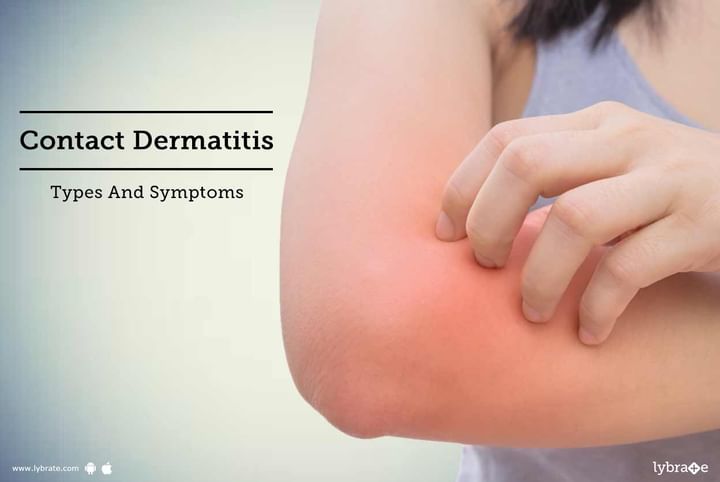Contact Dermatitis - Types And Symptoms
Some people use the same soap for a lifetime not because they are loyal to the soap brand, but because they fear the reaction their skin would have to other soaps. Similarly, people across the world often see rashes erupt after using a new perfume, cosmetics, jewellery or after coming in contact with plants, such as poison ivy or poison oak. This condition is known as Contact Dermatitis. This can be described as skin condition where the skin is inflamed, red and itchy as a result of exposure to a foreign substance.
Most cases of contact dermatitis are not serious, but can be quite unpleasant. There are three types of contact dermatitis. These are:
- Allergic contact dermatitis: This condition occurs when the skin is exposed to an irritant it may be allergic to. Common triggers are jewellery, perfumes and latex.
- Irritant contact dermatitis: This is the most common form of this skin condition. This condition is triggered by toxic materials, such as bleach, battery acid, detergents, drain cleaners and kerosene. It is also known as hand eczema as it often occurs as a reaction to soaps or over exposure to water.
- Photo contact dermatitis: This is the rarest form of contact dermatitis. It occurs when the active ingredients in sunscreen are exposed to sunlight.
Inflamed skin is one of the first symptoms of contact dermatitis. Some of the other symptoms are:
- Dry, flaky skin
- Redness of the skin
- Blisters that may be dry or oozing
- Burning sensation on the skin
- Itchiness
- Sun sensitivity
Contact Dermatitis on its own rarely requires anything more than medication. Most cases often subside on their own. Avoid scratching the infected skin as it can make the condition worse. Wash the affected area as often as possible with cool water and soap. Over the counter anti itch treatment like calamine lotion and hydrocortisone cream can help ease the itchiness and inflammation. An anti histamine drug could also be beneficial. If the rash covers a large expanse of skin, consult a doctor who may prescribe a stronger steroid cream.
With contact dermatitis, prevention is better than cure. Three easy tips to follow to protect yourselves against the skin condition are:
- Only use those products that are labeled hypoallergenic or unscented.
- Use vinyl gloves instead of latex gloves
- Cover all exposed skin when working outdoors, hiking etc.
In case you have a concern or query you can always consult an expert & get answers to your questions!



+1.svg)
